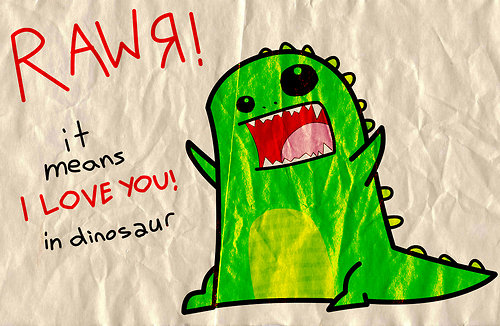A few days after graduating from secondary school and at the beginning of my blissful summer-to-come, I was woken up by the shrill ring of the telephone.
Who was calling at 6 am on a weekday?
‘Meimei,’ my mother began, my family’s name for me, ‘little sister’, shaking me out of my half-sleeping state, ‘something’s happened to your father.’
In those few moments before she went on, there was only freezing and the dread need to know: Is he still alive?
—
My father had a stroke while on a business trip to China. My mother, also in China for different reasons, travelled overnight to find him. I went up to Tianjin with one of her employees just over twelve hours after she called me. My brother flew back from Vancouver a few days later.
For days, we waited to see if he would pull through safely. We lived on the edge of a world threatening to fall apart in one failed breath. We made plans for the worst and waited to find out if we could even hope for the best. Not being religious, there was no one to ask anything from — just life, that gives what it gives.
We laughed a lot in those days. I don’t really remember what over — probably anything and everything that could relieve the pressure, for a while. A pig-shaped sponge I delighted in doing the dishes with. How much my cousin could eat. The soap operatic qualities of life, when my mother ended up on an IV in hospital a couple of days after my dad, from the toll of the whole situation on her already weak health.
No, I suppose the last one wasn’t that funny, but it wasn’t too serious and we were living by the old adage, ‘Laugh, or you’ll cry.’
Luckily for us, everyone pulled through better than I’d dared to imagine. My father eventually made a 99% recovery. I moved away from home to come here. And we’re all well enough for me to now regularly lecture both of my parents on the importance of taking care of their health whenever they seem to disregard it (which is often) — most recently regaling my dad last week with accounts of a friend’s father who’s had a second stroke and the consequences of that; he swears he’s been exercising more since then.
Life hasn’t stopped happening. I could spend my days, like the girl next to me on the bus yesterday, counting the ways it makes me unhappy — the fruit fly infestation we had a couple of weeks ago, the loss of my UBC library photocopy card with more than $10 on it, the assortment of health issues I’m accumulating this term — or I can write about the things I am glad for:
- my friends who are willing to listen and support me even when I am not at my best,
- the continued safety of my friends’ families in Japan,
- the kindness of a girl in my class who mistook me for being Japanese and asked me if my family was okay,
- my daily gratitude that I can still say, for now, that yes, they are.
Contrary to popular ignorant belief, I don’t search for the silver lining in the clouds because I’m
a) naturally sunny,
b) faking more optimism than I genuinely feel, or
c) in denial about the reality of life.
I have sat with too many people who have lost loved ones, who have been hurt and broken to the bone, who have wanted, or tried, to die because they couldn’t see a way out, to not be aware of how hard life can be.
Focusing on joy is not being unrealistic: being in denial about the kinder bits of life is just as unrealistic as being in denial about the harsher ones, when all of these exist. It won’t stop you grieving; it won’t stop you dealing with your problems.
But I still do it, to feed my beliefs that life is a beautiful mess of heartbreak and happiness that can still be worth it, and that I have a choice in giving myself enough chance at happiness to tide myself over for the times when it is anything but.
—
I haven’t been blogging lately because I’m worn out, physically, mentally and emotionally, but I’m trying to piece things back together. Comments on posts may be turned off sporadically until then, in an effort to catch up on reading them, something I am also very much behind in. It’s entirely personal.
In the meantime, please participate in the fundraising efforts going all around campus and throughout the local, national and international communities for Japan. It can be something as simple as dropping your spare change in the Japan Association’s donation box in the SUB — the reason ‘every little bit helps’ exists as a cliche is because it’s true.
Thank you, and have a lovely weekend.




